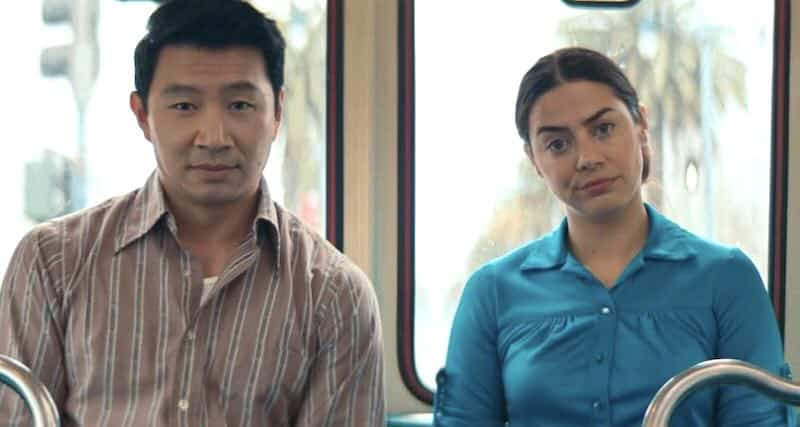Women is Losers, from writer and director Lissette Feliciano, tells the story of Celina (Lorenza Izzo), a smart young Latina coming of age in San Francisco in 1968. The patriarchy was entrenched in everything in her life.
Women is Losers is one those hidden gems. It came out in 2021 and for whatever reason – maybe COVID, or lack of good distribution, or no publicity – it didn’t make a splash. Now it’s streaming on Max or can be rented on Prime. It’s a quirky little film about a time and a place and a determined woman that may find its audience at last.
Celina starts right off breaking the fourth wall, and it happens several times in the film. She’s in Catholic High School when her boyfriend Mateo (Bryan Craig) returns from Viet Nam and gets her pregnant. Her best friend Marty (Chrissie Fit) is going through exactly the same thing. Marty’s boyfriend sends them to a dentist who will do back door abortions.
Marty goes first and doesn’t make it, like so many other women who had to seek illegal abortions. Celina ended up having her baby, a little boy. Mateo wasn’t around.
Celina still lived at home with her downtrodden mother (Alejandra Miranda) and her abusive father (Steven Bauer). She quit school and got a job as a typist. Since her father demanded rent money and more from her, she also worked cleaning the school at night. He kept demanding more money from her.

Celina’s job put her in contact with Minerva (Liza Weil) and Gilbert (Simu Liu). These two looked out for her in different ways. Minerva tried to warn her about Gilbert. Gilbert taught Celina about money, compound interest, the stock market, and how to save enough money to get her own home.
It was the 1960s and women couldn’t buy a home on their own, even if they had money for a down payment. They got paid half of what men made for the same jobs. Celina worked hard and was diligent about saving. Complications with Mateo and Gilbert added to her woes.
Racism was rampant: against the Chinese, against African Americans, against Latinos, against LGBTQ people (and this was in San Francisco!).
She made progress, despite all the obstacles in the way of women. The final scene in the movie was her joy when the Supreme Court legalized abortion in 1973. It was too late to save Marty, but other women would be safe now.
The right to abortion has recently been lost to most of the women in the country, and many other women’s rights are also under attack. It certainly feels like a step backward into the 1960s. There has been progress in the last 70+ years, but it’s in jeopardy right now. Perhaps that’s why this movie spoke to me so forcefully. It was cleverly done, almost whimsical at times, but the message was a serious one.
If you take a look at the film, I’d love to hear what you thought about it.

Leave a Reply